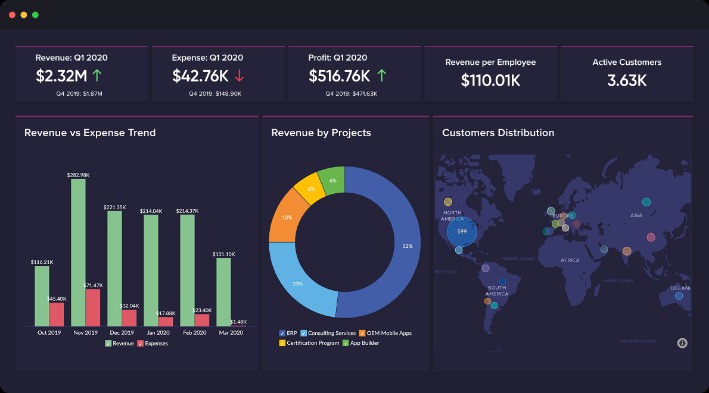In the world of customer relationship management (CRM) platforms, Salesforce stands out as a leading solution for businesses of all sizes. However, like any software, it has its strengths and weaknesses. Understanding the salesforce pros and cons can help companies make informed decisions. This article will explore the pros and cons of Salesforce to give a balanced view of its capabilities and limitations.
Pros of Salesforce
Salesforce offers numerous advantages that make it a popular choice among businesses looking to streamline their CRM efforts. Below are some of the key benefits:
1. Customizability
One of the significant advantages of Salesforce is its high level of customizability. Users can tailor the platform to meet their specific business needs through various features and integrations.
2. Comprehensive Functionality
Salesforce provides a wide range of tools and functionalities, covering everything from sales automation to customer service, marketing, and analytics.
3. Scalability
The platform is designed to grow with your business. Whether you are a startup or a large enterprise, Salesforce can scale accordingly, accommodating an expanding range of functions and user accounts.
4. Strong Community and Support
Another advantage of Salesforce is its robust community and support network. There are countless resources, forums, and expert advice available to help users navigate any challenges they might face.
Cons of Salesforce
While Salesforce has many benefits, it also comes with certain drawbacks. Being aware of these disadvantages of Salesforce is crucial for setting realistic expectations.
1. Cost
The cost of Salesforce can be prohibitive, especially for small businesses. The pricing structure is often complex, with additional costs for premium features and add-ons.
2. Complexity
Another disadvantage of Salesforce is its complexity. The extensive features and customizations can be overwhelming for new users, necessitating significant time and resources for proper setup and training.
3. Integration Issues
Integrating Salesforce with other systems and applications can sometimes be challenging. Compatibility issues or the need for additional middleware can complicate the process.
Read more about salesforce advantages and disadvantages here.
4. Over-Reliance on Internet Connectivity
Salesforce is a cloud-based solution, which means it requires continuous internet connectivity. Any disruption in internet service can result in loss of access to crucial data and functionalities.
FAQs
What are the main pros and cons of Salesforce for small businesses?
The main pros for small businesses include scalability and comprehensive functionality. However, the high cost and complexity can be significant drawbacks.
How customizable is Salesforce?
Salesforce is highly customizable, allowing you to tailor workflows, reports, and features to meet specific business needs.
Is Salesforce suitable for large enterprises?
Yes, Salesforce is highly scalable and offers a range of advanced features and integrations, making it suitable for large enterprises.
In conclusion, weighing the advantages and disadvantages of Salesforce can help businesses determine whether this CRM platform aligns with their needs. Being aware of the salesforce advantages and disadvantages enables more informed decision-making, ensuring that the selected CRM solution effectively supports business growth and customer relationship management.



